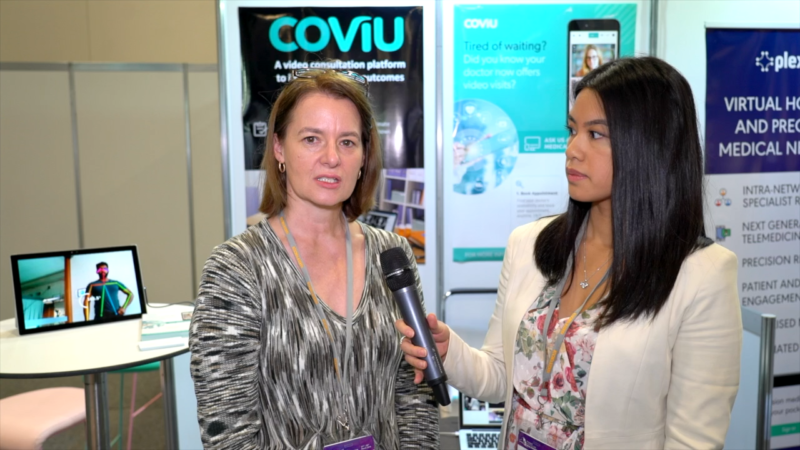According to the National Health and Medical Research Council – NHMRC clinical trials across Australia are in the following categories:
– treatment trials to test new treatments, new medicines or combinations of medicines; or other new therapies such as surgery, the use of new medical devices or new approaches to surgery
– diagnostic or screening trials to evaluate tests or procedures to diagnose and detect diseases or conditions
– prevention trials to test new ways to prevent disease including medicines, vaccines, vitamins, or changes to diet, lifestyle or behaviour
Clinical trials in Australia need to be efficiently administrated and resourced with qualified healthcare professionals as well as suitable patients.
Shanny Dyer, CEO ARCS Australia talks about a recent summit where the CRO (Contract Research Organization) community was asked on the current state of clinical trials in Australia. Commentary from:
– Tanya Symons, Director at T Symons Associates
– Daniela Caiazza, Director Clinical Operations ANZ, Novotech CRO
– Adam Stoneley, Research Operations Manager, Icon Cancer Centre
– Gabrielle McKee, Chief Operating Officer, CNS Clinical Network
– Joe Taouk, Senior Director Research and Development, IQVIA
#AustralianHealthJournal #ClinicalTrials
You Might also like
-
Enhancing occupational therapy service provision with military veterans
Almost half a million Australians have served with the Australian Defence Force. Given the high prevalence of physical and mental health conditions and complexity of civilian life adjustment after military service, high-quality occupational therapy services are critical. However, there is limited description of occupational therapy service provision to individuals funded by the Australian Department of Veterans’ Affairs to inform government policy.
A cross-sectional study, led by Professor Carol McKinstry, Professor of Occupational Therapy and Deputy Dean with La Trobe University’s Rural Health School at the Bendigo campus has used an online survey to collect information from occupational therapists providing services to Department of Veterans’ Affairs clients.
-
Australian Healthcare Week 2019: Pitch Fest Finalist Coviu
Telelheath startup company Coviu was a Pitch Fest Finalist at last week’s Australian Healthcare Week Expo in Sydney. The Coviu platform has been developed as an spinoff from CSIRO and allows healthcare businesses offer video consultations to their own patients. It differs from being just a ‘talking head’ platform that Skype or Zoom could offer, by providing clinical tools integrated within the app. Anne Dao spoke with Co-founder and CEO Silvia Pfeiffer about the company and platform’s journey to date and its longer term goals.
Coviu helps healtcare businesses by helping fit in more consultation during that day and reducing no-shows for appointments. Also given the nature of the dispersed population, the application reaches to rural and regional areas where patients are a long distance from their healthcare provider. The company is focused on the Australian market and aims to enter the US market next year
Post Views:
2,769 -
Warning signs of substance abuse and addiction
Tara Hurster, is the CEO of The TARA Clinic and a psychologist who started working within the area of addiction in 2010. The TARA clinic, short for Therapeutic Addiction Recovery Assistance, recently started offering online programs to overcome and recover from addiction.
Tara spoke with Australian Health Journal about the early warning signs of anxiety and stress in health staff and executives, including irritability, changes in sleep patterns and diet leading to more serious mental health decline. These behaviours and symptoms increase the risk of substance abuse that could take the form of excessive smoking, drinking alcohol and drug use, porn, sex and gambling.



